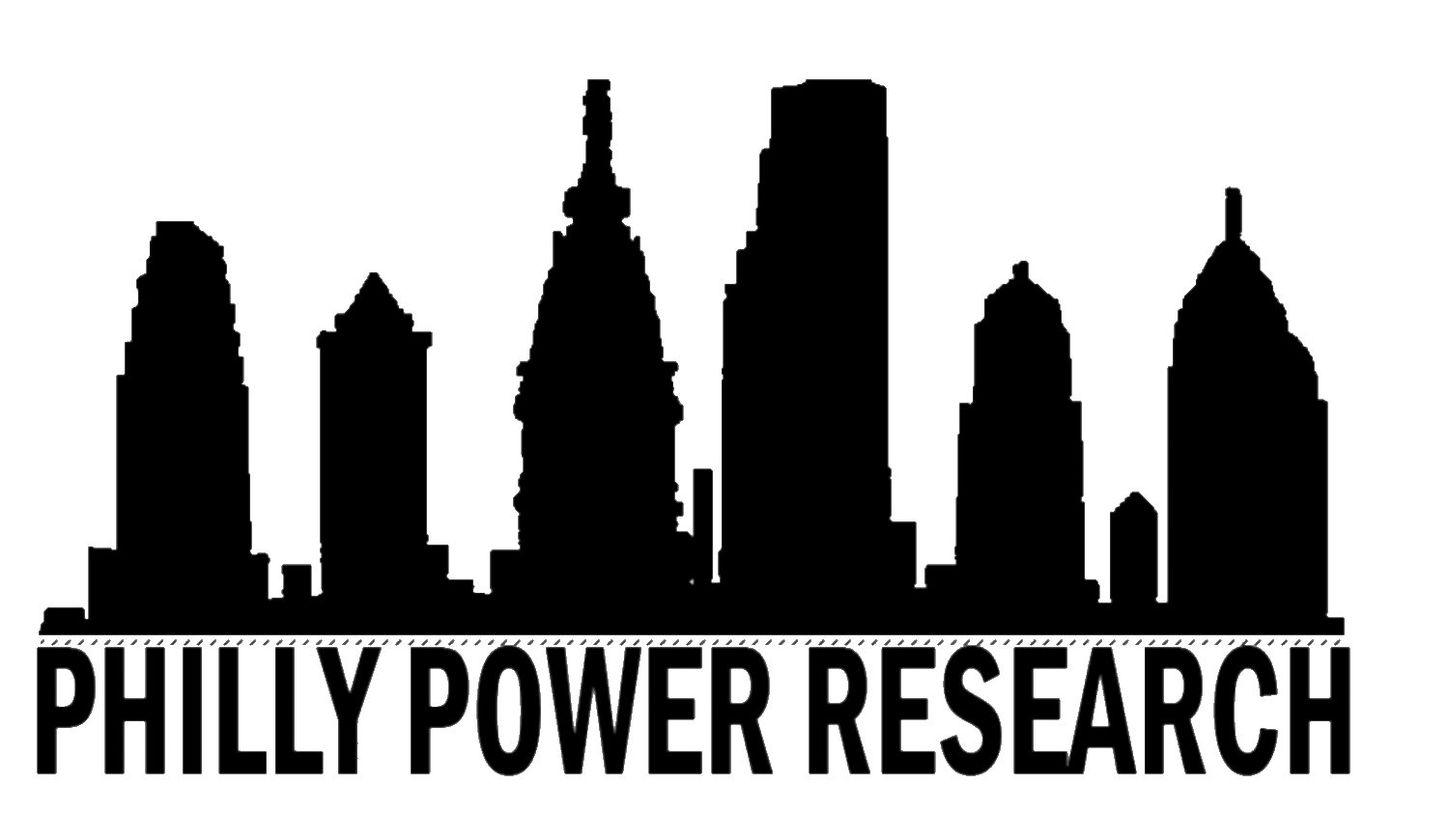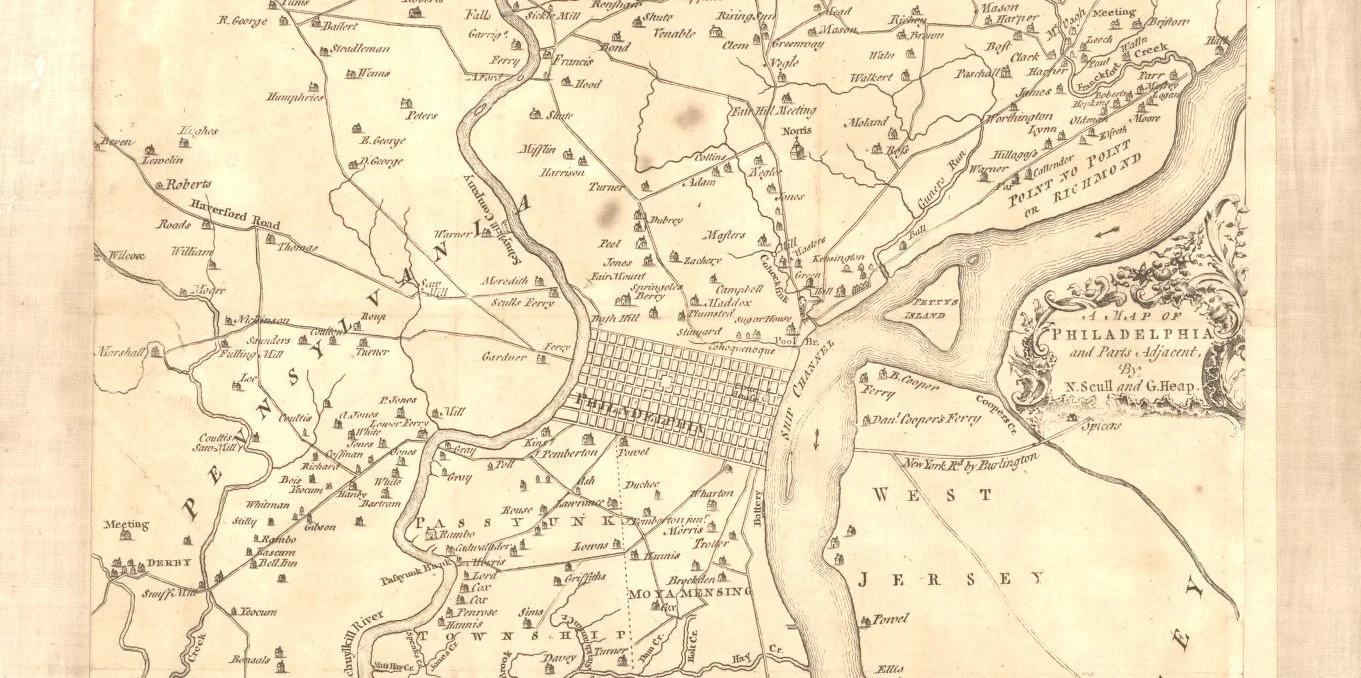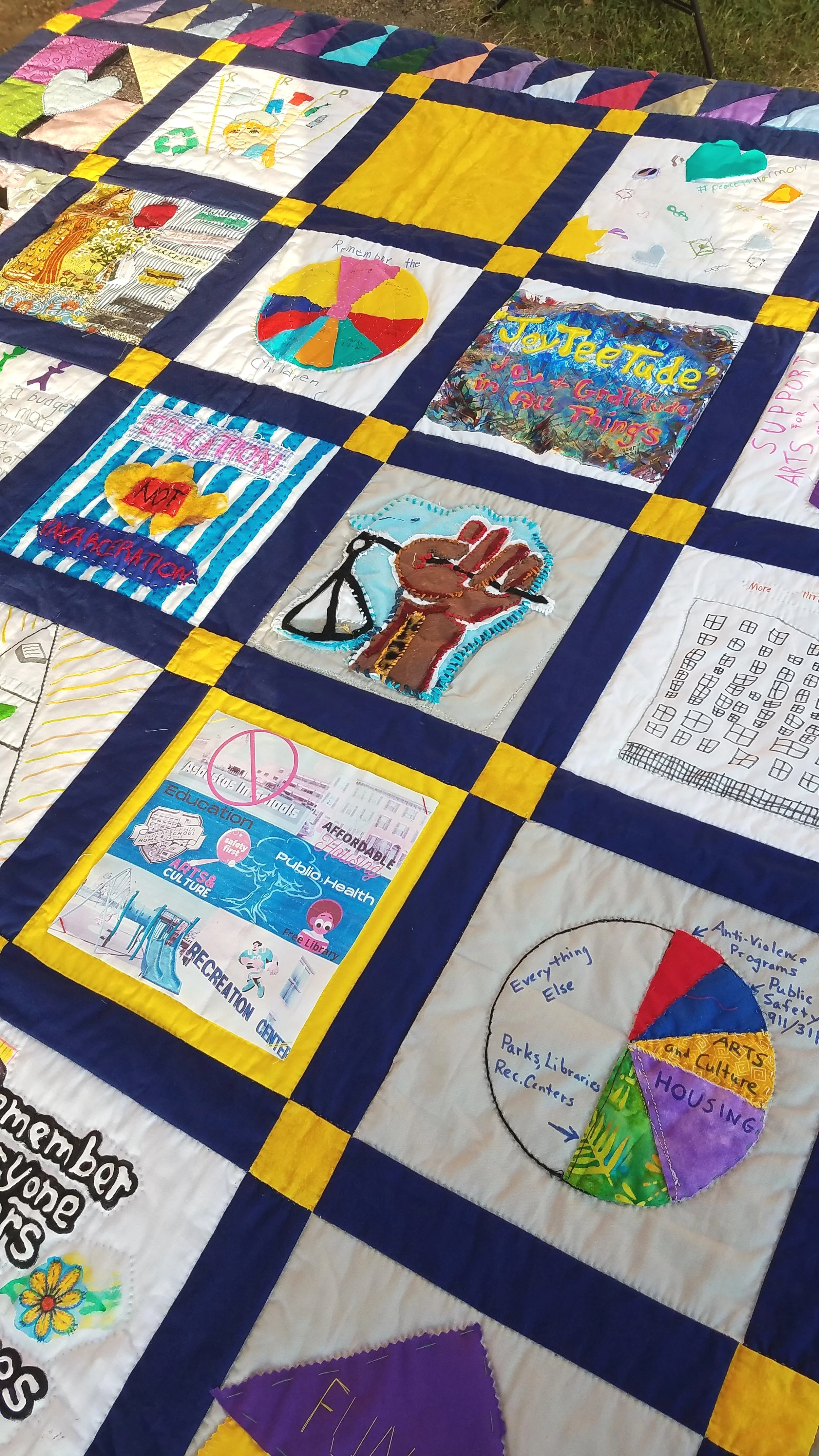To build safer communities, the City needs to ensure that people’s fundamental material needs are satisfied. There is an ongoing housing crisis in Philly, where over 200,000 residents struggle to cover housing costs and 4,000-6,000 people may be homeless on any given night.
Read MoreFar too often, money is used to fund programs that emphasize surveillance and threats of incarceration, rather than focusing on providing the types of material, social, and emotional support needed to truly build healthy and safe communities.
Read MoreYouth who are actively involved in schools and afterschool programs are less likely to become victims of violence.
Read MoreA key part of any anti-violence strategy should be supporting thriving community centers where people of all ages can drop in to access resources, connect with other community members, and participate in activities that support their physical, mental, and emotional health.
Read MoreUsing police as the primary response to mental and behavioral health crises is dangerous.
Read MoreThroughout the history of the police department, Philadelphia police have used a variety of tactics to target, intimidate, and imprison Black, Brown, immigrant and working class Philadelphians, all while demanding more and more funding from the city at the expense of community services.
Read MorePolice corruption has existed in Philadelphia for as long as the police department itself.
Read More







